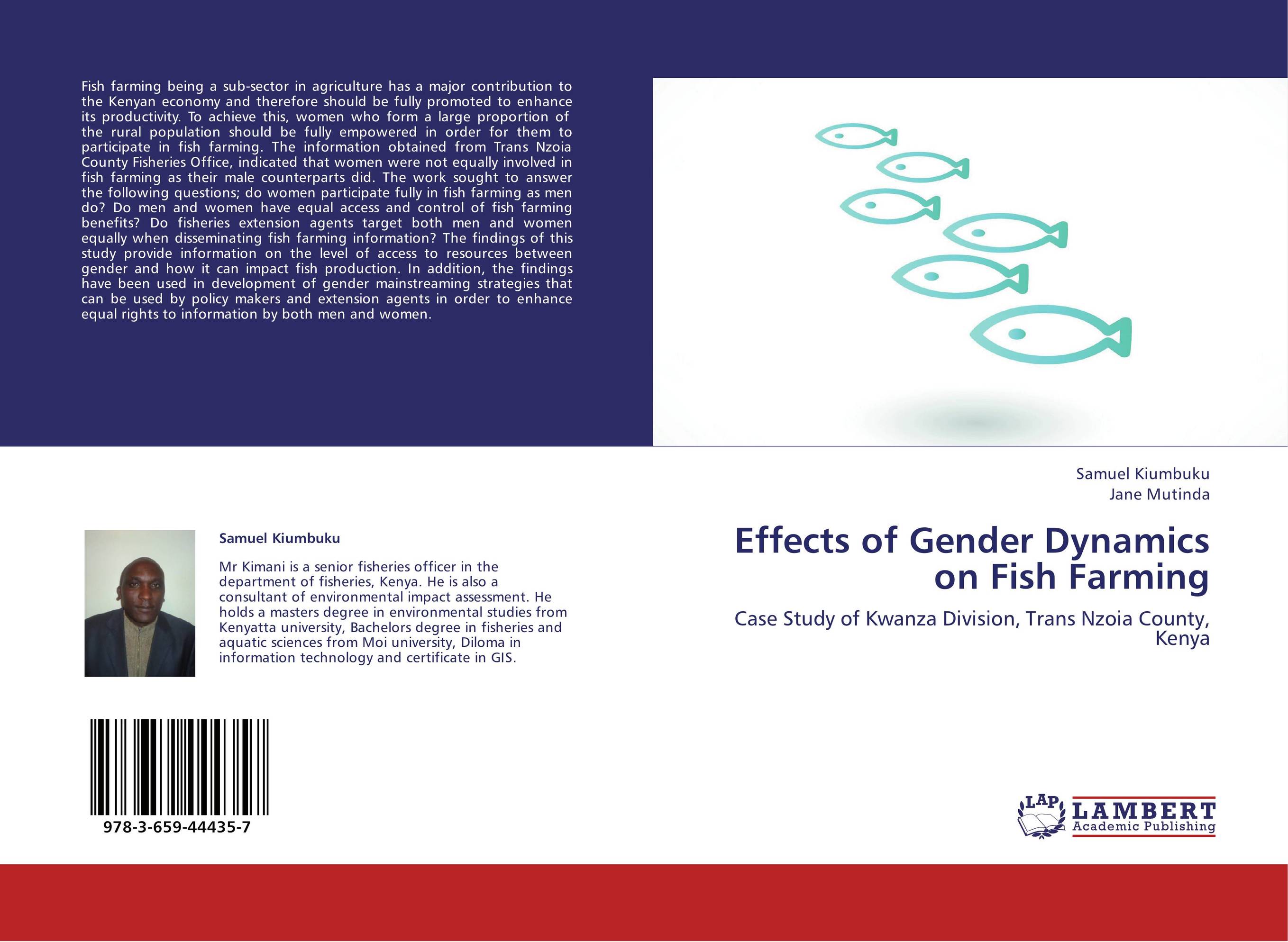| Поиск по каталогу |
|
(строгое соответствие)
|
- Профессиональная
- Научно-популярная
- Художественная
- Публицистика
- Детская
- Искусство
- Хобби, семья, дом
- Спорт
- Путеводители
- Блокноты, тетради, открытки
Effects of Gender Dynamics on Fish Farming. Case Study of Kwanza Division, Trans Nzoia County, Kenya

В наличии
| Местонахождение: Алматы | Состояние экземпляра: новый |

Бумажная
версия
версия
Автор: Samuel Kiumbuku and Jane Mutinda
ISBN: 9783659444357
Год издания: 2013
Формат книги: 60×90/16 (145×215 мм)
Количество страниц: 72
Издательство: LAP LAMBERT Academic Publishing
Цена: 25408 тг
Положить в корзину
Позиции в рубрикаторе
Отрасли экономики:Код товара: 125566
| Способы доставки в город Алматы * комплектация (срок до отгрузки) не более 2 рабочих дней |
| Самовывоз из города Алматы (пункты самовывоза партнёра CDEK) |
| Курьерская доставка CDEK из города Москва |
| Доставка Почтой России из города Москва |
Аннотация: Fish farming being a sub-sector in agriculture has a major contribution to the Kenyan economy and therefore should be fully promoted to enhance its productivity. To achieve this, women who form a large proportion of the rural population should be fully empowered in order for them to participate in fish farming. The information obtained from Trans Nzoia County Fisheries Office, indicated that women were not equally involved in fish farming as their male counterparts did. The work sought to answer the following questions; do women participate fully in fish farming as men do? Do men and women have equal access and control of fish farming benefits? Do fisheries extension agents target both men and women equally when disseminating fish farming information? The findings of this study provide information on the level of access to resources between gender and how it can impact fish production. In addition, the findings have been used in development of gender mainstreaming strategies that can be used by policy makers and extension agents in order to enhance equal rights to information by both men and women.
Ключевые слова: Gender, Aquaculture, fish farming, gender dynamics



